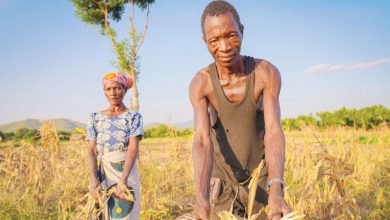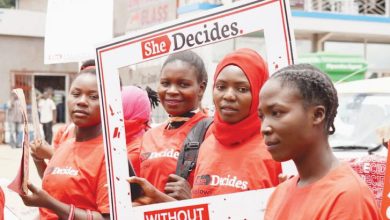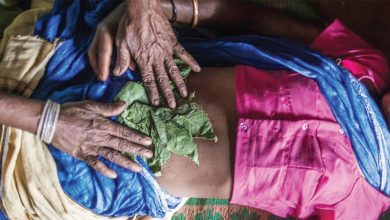Ntcheu-Balaka locals recieve piped water
In 2018, taps in Balaka Town ran dry due to protracted drought, stirring fierce scrambles for water from trucks.
The water woes exposed the vulnerability of the heavily silted Mpira Dam, constructed to supply Ntcheu District and the neighbouring Balaka.
Communities at the receiving end realised that the dam surrounded by fast-disappearing trees could neither withstand the harsh effects of climate change nor rapidly growing population pressure.
“It was survival of the fittest,” recalls Anita Phiri from Balaka. “Everyone needs water, but the water bowsers couldn’t provide enough for everyone.”

The water stress dating back to 2015 gave birth to the Malawi Resilience and Disaster Risk Management Project funded by the World Bank, which did not just rehabilitate the dam.
The project drilled five high-yielding boreholes to supply surrounding communities and the Mpira-Balaka pipeline.
In Bawi Plain in Ntcheu, solar panels noiselessly transform sunlight into electricity for pumping water from the deep boreholes to communities within two kilometres of the pipeline.
This has also increased access to safe water in Njereza, Khwisa, Kapiri and Chendausiku where people once drunk water from far-flung boreholes and open wells.
Group village head (GVH) Solomoni Kuyenda of Traditional Authority Makwangwala says the solar-powered water scheme has eased water challenges in the rural area where women endured sleepless nights and long walks to fetch water.
“Now we can access tap water which was just a dream. Until our dream came true, we thought tap water was a privilege for our colleagues in urban areas,” he says.
The traditional leader envisages the communal tap stands in their midst to reduce preventable disease outbreaks, family conflicts and the hardship women and children once endured.
He says “the taps that never run dry” will save his community from cholera, which often hit the area during the rainy season.
“We have been weaned from contaminated streams and wells. When we need water, we just open a tap and fill our buckets,” says GVH Solomon Kuyenda.
Bertha Suya, 45, says women now sleep in peace and spend less time fetching water.
“Before, we used to wake up before sunrise and walk long distances to fetch water which was mostly unclean. This put our marriages and businesses at risk. Some men thought their wives were cheating on them because of the long walks to the streams,” says the 48-year-old mother of six.
Steven Chikomonji, 46, says there is peace in once-troubled homesteads as women and children no longer wake up while men are fast asleep.
“This has reduced domestic violence faced by women and girls,” he says. “Easy access to clean water has improved sanitation and hygiene in our community. People look clean as they bathe frequently and wear clean clothes. They also clean their homes, kitchen utensils and toilets.”
According to Ntcheu district water officer Onances Nyirenda, the boreholes, which extract at least 75 litres every second, benefit over 50 000 people in the two districts, up from 380 when it dried up.
“As the demand for clean water is increasing due to rapid population growth in the districts, the rehabilitation of this dam will ease water shortages in Ntcheu and surrounding areas for the whole year,” he says.
The government plans to increase Mpira Dam’s depth to four metres, raising its capacity from 3.4 million to four million litres to meet the growing demand.
Peter Chipeta, deputy director of the Ministry of Water and Sanitation, urges communities to take care of the solar-powered water supply scheme and participate in restoring the degraded catchment of Mpira Dam.
“Community empowerment is crucial to protect water infrastructure and the green cover surrounding the dam for sustainable access to safe water. Communities around the dam should save trees to reduce siltation and harsh effects of climate change, including drought and flooding,” he says.
The government bankrolled the rehabilitation of the Mpira-Balaka Water Scheme to the tune of K1.3 billion.



